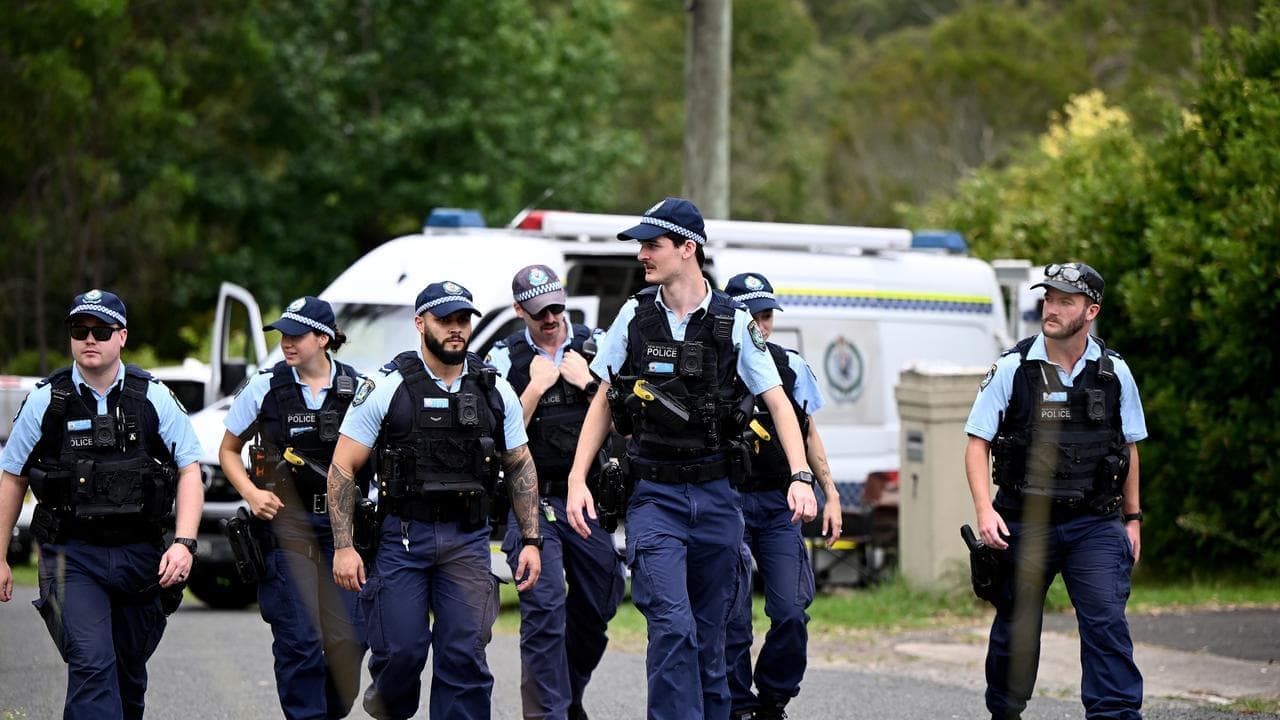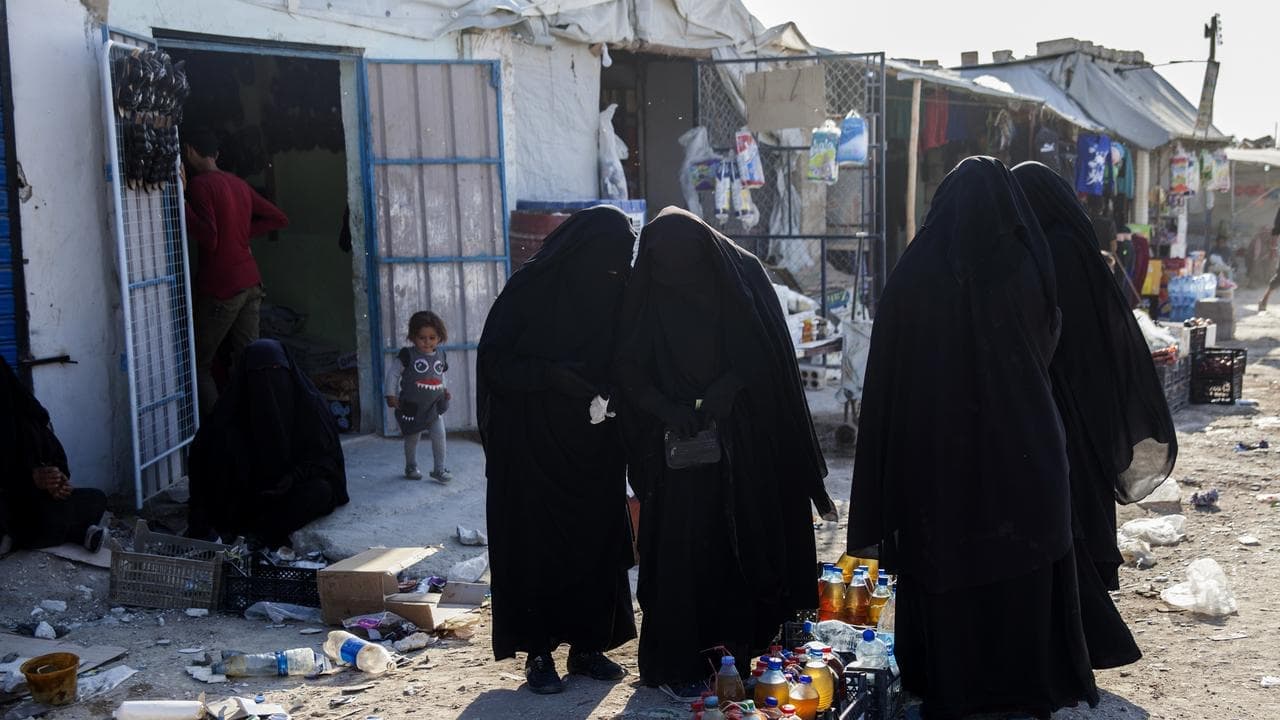WHAT WAS CLAIMED
Ivermectin is effective at treating COVID-19.
OUR VERDICT
False. Multiple high-quality studies conclude it is ineffective as a COVID treatment.
The removal of restrictions on prescribing ivermectin has led to a fresh wave of claims that the drug is safe and highly effective at treating COVID-19.
The claims are false. Multiple studies have found ivermectin is ineffective at treating COVID, while some safety concerns remain.
Anti-COVID vaccine campaigners spruiked the use of the drug to treat the virus back in 2020 after reports that Australian researchers had shown it could inhibit in vitro COVID replication.
It led Australia's Therapeutic Goods Administration (TGA) to place restrictions on the drug in 2021 as it was feared the doses being advocated could be dangerous.
There were also concerns ivermectin use would prevent people from getting the vaccine and could cause shortages when it was needed to treat conditions such as scabies and river blindness.
Earlier this month, the TGA lifted restrictions having declared there was now sufficient evidence to inform health professionals and the wider public that ivermectin is ineffective against COVID.
But vaccine-sceptics have used the development to reheat claims that it's a safe and highly effective treatment here, here, here and here (video mark 7min 50sec).

The significant weight of scientific evidence suggests otherwise.
In this 2023 study, 1206 US adults were given ivermectin or a placebo after being diagnosed with COVID.
The median time to sustained recovery was 11 days in both groups, with the authors adding there was "no evidence of benefit" when it came to rates of hospitalisation and death.
This study, in The New England Journal of Medicine in May 2022, looked at 3515 patients in Brazil who were randomly assigned ivermectin, a placebo or given another treatment.
It found ivermectin did not result in a lower incidence of hospital admission or prolonged emergency department observation among outpatients.
This 2022 US study looked at the use of ivermectin as well as metformin and fluvoxamine and came to a similar conclusion, as did this study at the Hospital for Tropical Diseases in Bangkok.
The Thai study co-author, Professor Sir Nicholas White, said the findings indicate "no support" for the using ivermectin to treat COVID.

As well as finding no evidence ivermectin reduced the risk of severe disease, this Malaysian study warned there were notably higher incidences of adverse effects in its ivermectin sample group. That led the authors to warn about using the drug outside of trial settings and without medical supervision.
The Cochrane Library last year published a review of studies on the use of ivermectin to treat COVID.
Across the 11 trials featuring 3409 participants, there was no evidence to support the use of the drug to treat or prevent COVID.
The research is consistent with the approach of national and international health bodies.
Australia's National Clinical Evidence Taskforce has issued a "strong recommendation" against the use of ivermectin, stating that based on the available evidence "ivermectin is no more effective than standard care in treating patients".
The TGA's recent decision noted that higher doses of ivermectin "still carry significant risk of adverse effects, including severe nausea, vomiting, and neurological effects such as dizziness, seizures and coma" (page 17).
Internationally, the World Health Organization has cautioned against its use, as has the US Food and Drug Administration while the Centers for Disease Control and Prevention issued a warning about its use back in 2021.
Professor Catherine Bennett, head of epidemiology at Deakin University, says there's solid evidence to show the drug is ineffective at treating COVID.

"It's one thing to prescribe without good evidence, but it's quite another to prescribe against available and reliable evidence," she told AAP FactCheck.
"So in fact the lifting of the ban on off-label prescribing by TGA is actually a signal that the evidence is now strong enough that inappropriate prescribing for COVID-19 is no longer considered the risk it was over the last couple of years which led to this ban."
Carlos Chaccour, a researcher at the Barcelona Institute for Global Health who has investigated ivermectin's effectiveness against COVID (examples here and here), told AAP FactCheck there's "more than enough evidence" to prove it's ineffective.
Monash University Professor Tari Turner, who's director of the National Clinical Evidence Taskforce, also told AAP FactCheck that the evidence about ivermectin use is clear.
"We continue to conduct daily searches for new evidence, and have not found any evidence that would require a change to our existing recommendation," she added.
Multiple checks have debunked claims about the effectiveness of ivermectin as a COVID treatment, such as here, here, here and here.
The Verdict
The claim ivermectin is an effective treatment for COVID is false.
Multiple studies conducted around the world conclude that the drug is ineffective at treating COVID. Many studies have also highlighted concerns with adverse events related to the use of the drug to fight COVID.
Experts who spoke to AAP FactCheck were in agreement as to its ineffectiveness, as are international health bodies.
False - The claim is inaccurate.
AAP FactCheck is an accredited member of the International Fact-Checking Network. To keep up with our latest fact checks, follow us on Facebook, Twitter and Instagram.












